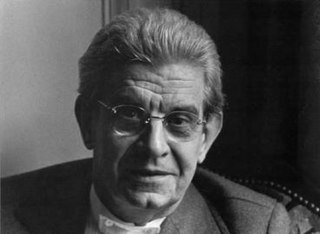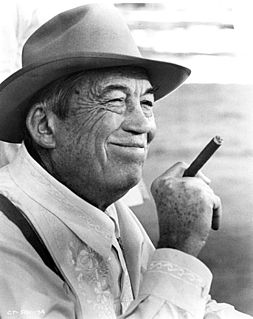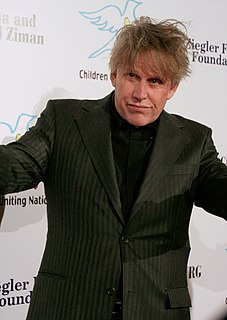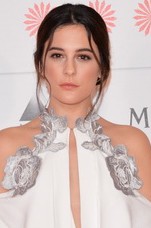A Quote by Andrei Tarkovsky
No 'mise en scène' has the right to be repeated, just as no two personalities are ever the same. As soon as a 'mise en scène' turns into a sign, a cliché, a concept however original it may be, then the whole thing - characters, situation, psychology - become schematic and false.
Related Quotes
The landscape is a reflection of the inner life. Since I can't shoot the inner life, all I can shoot is the exterior but I know that when I'm filming outside, I'm filming inside. I can only really touch the inside through the mise-en-scene. So through the mise-en-scene of the outside we can explore the inside
My editor and I remain very disciplined. It's just sometimes when you're making a film, you get into the cutting room and you see a scene that's slowing you down in a certain section, but if you remove that scene then, emotionally or story-wise, another scene a half-hour later won't have the same impact. You just get stuck with it.
I really like the Chris-R scene and of course the "you are tearing me apart Lisa" scene. The reason I love the Chris-R scene is because we worked really hard to finish it. It's not just that though, it brings people together. Everyone is one the roof together by the end of the scene. You see the perspectives of the different characters. I feel like with all the connections in this scene that the room connects the entire world
I try to keep feeling what's going on and try to use the camera, the actors and the design to enhance those feelings. There's something really emotionally direct and honest about how I put the material with the images. You hope that the strength of mise-en-scene comes from an honesty towards the material. You also hire really well.
The stage is the opposite: you are talking loud so you can project to the back row and you know the whole play. In a movie, you are scene-to-scene; you only know the purpose of that scene. On the stage, that is artistic science. It is real, it is loving, it is truthfully you. It is two different formulas to make two different art pieces, but it is all about truth.
But the more I read... after awhile... I begin to find they were all writing about the same thing, this same dull old here-today-gone-tomorrow scene... Shakespeare, Milton, Matthew Arnold, even Baudelaire, even this cat whoever he was that wrote Beowulf... the same scene for the same reasons and to the same end, whether it was Dante with his pit or Baudelaire with his pot... the same dull old scene...






































